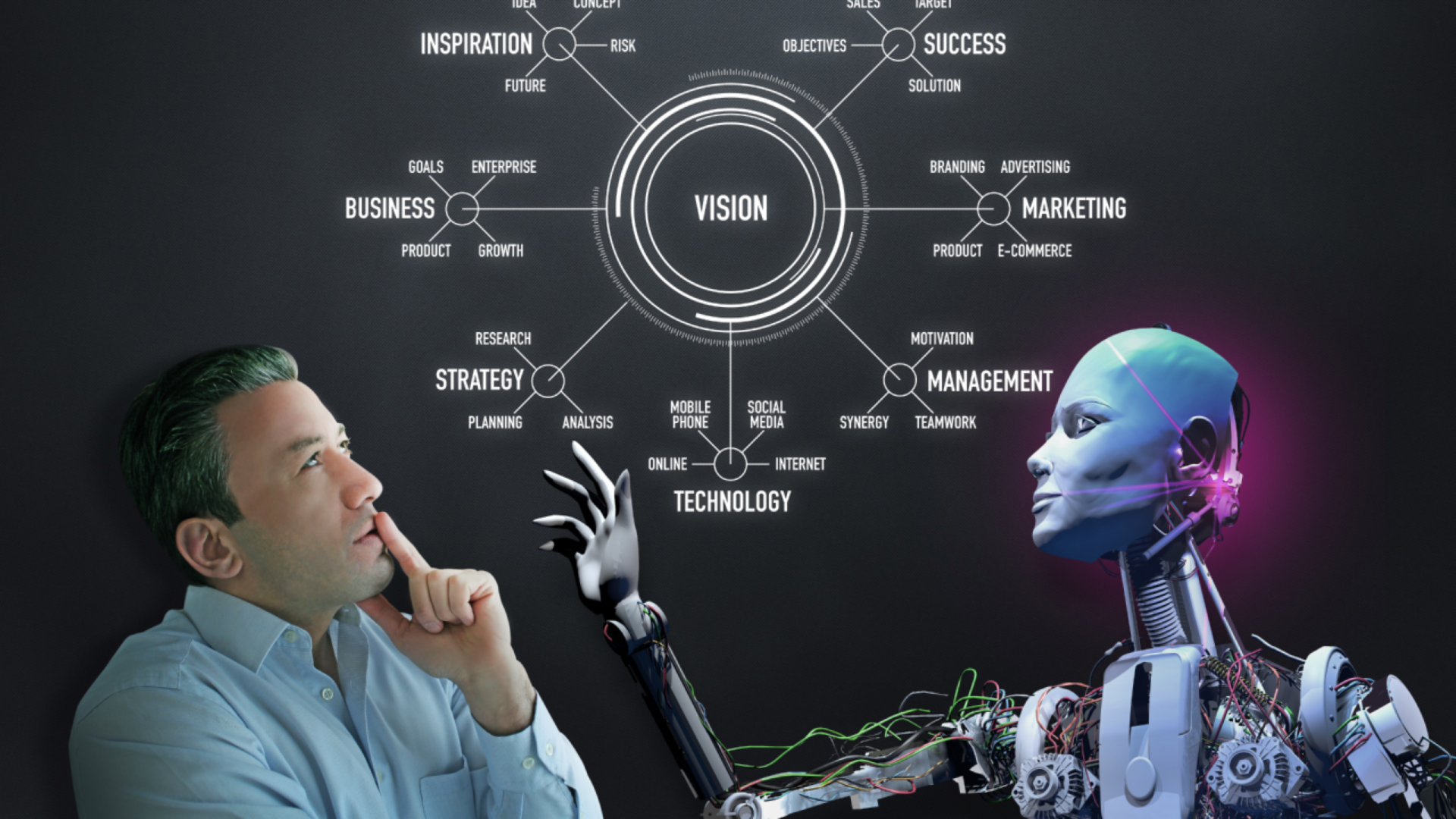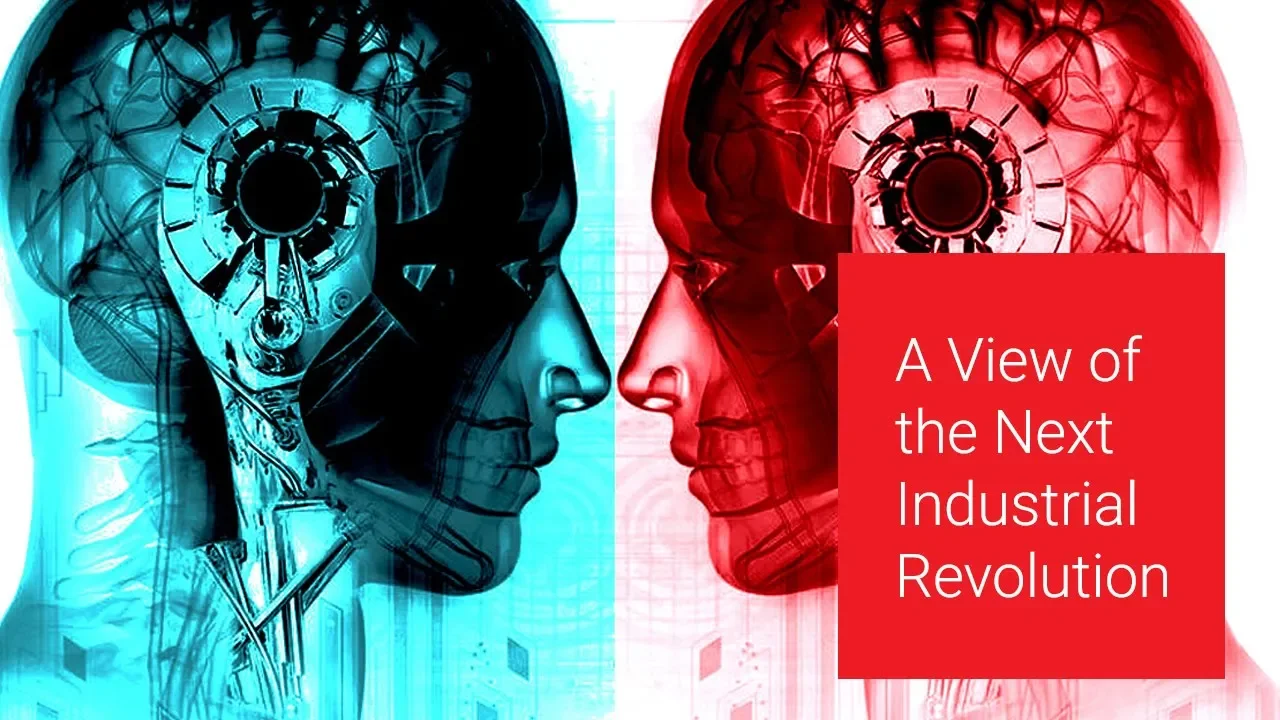5 min read
Human-Machine Collaboration and the Future of Work
The evolving human-machine relationship – where people and automation coexist through work allocation and design - is a crucial aspect of any...
3 min read
Logical Design Solutions
:
10/25/18 10:30 AM
In our current digital revolution, adapting to change is less about management than it is about building momentum. In large-scale digitalization, momentum relies upon both the speed of technology adoption and how quickly a massive workforce can evolve. Given the scale of these challenges, how businesses will evolve the workforce for the future is a critical question.
As businesses begin to break down industry silos and participate in emerging business ecosystems, neither technology solutions nor re-skilling will be enough to succeed. With platform-based business models on the rise, the potential for new value lies in the new ways that people interact with one another through digital touchpoints. In these customer-centric business models, the front-line worker becomes an essential point of contact for the customer. And for many businesses, front-line workers constitute the bulk of ecosystem participants.
Leaders must bring the workforce into the future and respond more adeptly to customer insights. By building new work design, capabilities, and ecosystem relationships, businesses can empower front-line workers to realize and enact digitally transformative practices where they are most impactful.
If businesses are to focus beyond skills, they need new work design to influence work practices that people enact every day. Skills in isolation are too tactical to develop the momentum that is required for organizational change.
Today, long-term operational strategies must address several factors that impact the very nature of jobs and roles: evolving business models, talent needs according to growth objectives, automation in future work, and emerging employment contracts. Tomorrow, those strategies must adapt and incorporate forthcoming impacts to jobs as business models mature and new relationships form.
The task of designing new ways of work cannot be reduced to merely finding new people or catching up on new skills. Changes to work, horizontally across organizations, will become a constant condition. Consequentially, business leaders should consider the following:
Organizations should focus on common abilities and behaviors to prepare the front-line workforce for change.
Organizational capabilities become foundational to executing business strategy and empowering successful participation in new business ecosystems. They enable the relationships and experiences that put platforms into operation. Below are a few examples of capabilities that the future front-line workforce will need to cultivate now, as change becomes the new norm.
We foresee a dramatic shift in the workforce as roles, jobs, and partnerships are redefined to meet organizational goals and objectives. Resilience and flexibility will need to reside in the hands of workers while organizations provide the necessary tools and capabilities to enable transformation.
| Desired behaviors and practices: | Value realized by the business: |
| Learning collaboratively through peer-to-peer value exchange | Encouraging purposeful participation |
| Moving from transaction-based practices to reasoning and problem-solving | Driving individual accountability and ownership |
| Analyzing information to address work-related issues | Building organizational resiliency |
| Pursuing the changing nature of work with emerging digital counterparts |
Many organizations are shifting priorities, putting the customer in the center of their business model. As a result, the degree of separation between front-line workers and the customer is closing. Front-line workers need to embrace their new role in building and enabling customer experiences for the long term.
| Desired behaviors and practices: | Value realized by the business: |
| Gathering new customer insights and contributing to organizational knowledge | Strengthen customer loyalty |
| Providing a street-level view of customers and their needs | Generate new modes of revenue |
| Creating new relationships beyond traditional services that focus on closing the gaps for customers | Enable customer choices |
As organizations move towards nimble and open structures, they open the channels for front-line workers to collaborate, interact, and connect with other workers across the business ecosystem in purposeful ways. Empowering front-line workers to engage in real-time experimentation, innovation, and problem-solving enables the design of great experience and solutions for the organization.
| Desired behaviors and practices: | Value realized by the business: |
| Problem solving happens with multi-disciplinary teams | Continual feedback as a byproduct of interactions |
| Day-to-day decisioning guides people to good outcomes in daily work | Diversity of thought and ideas |
| Shifting focus to creativity and critical thinking to develop new ideas and find solutions | Experimentation and innovation as cultural norms |
Given the fundamental restructuring of business ecosystems around a customer core, the workforce of the future will be virtually unrecognizable. As work adapts toward blended roles, the idea of “front-line workers” will become obsolete. The insight-based value that workers contribute will pervade the customer journey.

5 min read
The evolving human-machine relationship – where people and automation coexist through work allocation and design - is a crucial aspect of any...

1 min read
While Klaus Schwab marks our moment today as the Fourth Industrial Revolution, Jeremy Rifkin marks it as the Third Industrial Revolution. They...

6 min read
The rapid pace of change has outpaced many of the public policies, business strategies and organizational practices that were designed in an earlier...